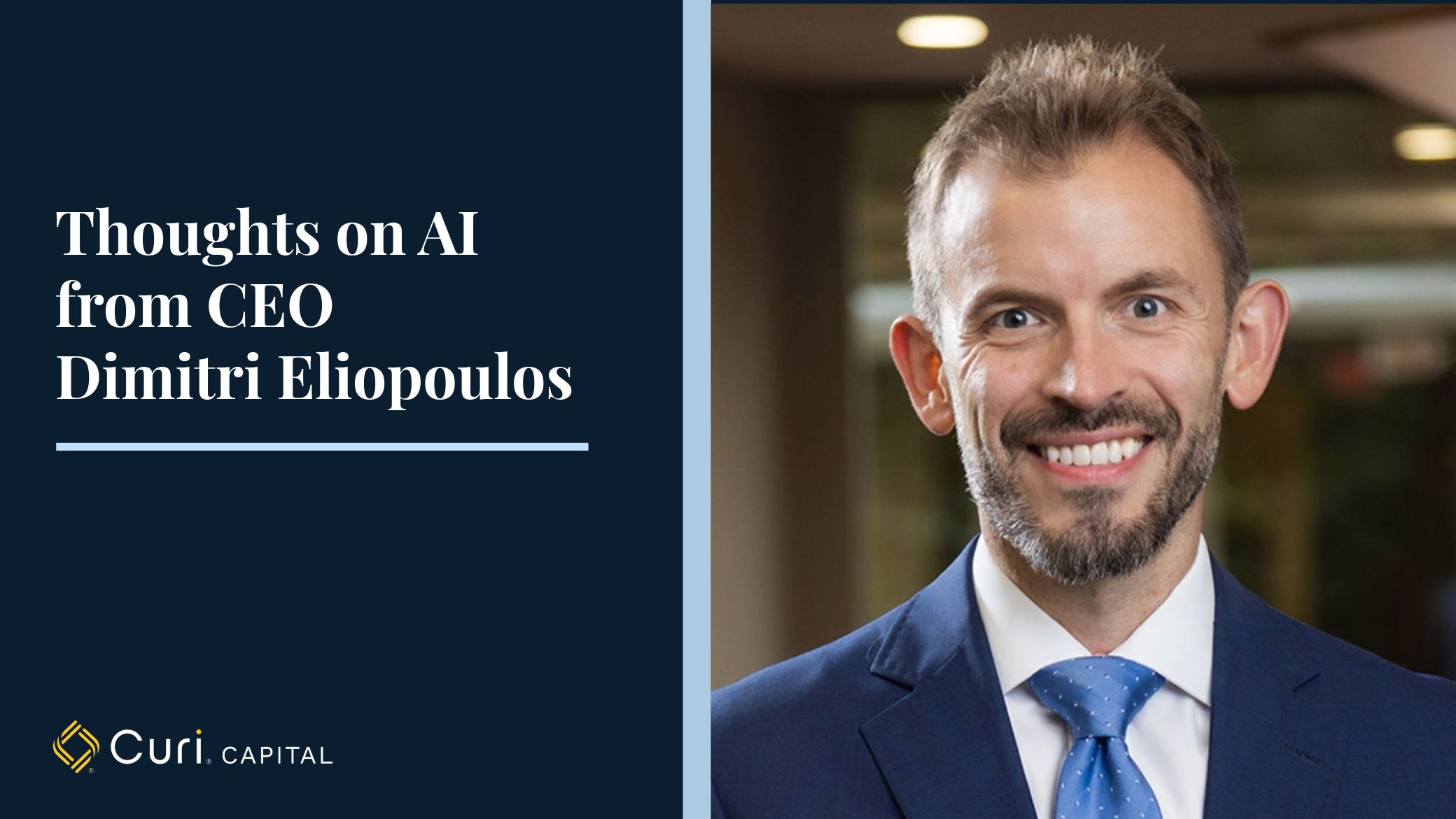As a physician, you’ve dedicated your life to the well-being of others. But have you considered how to safeguard your own financial future and legacy?
Estate planning is a crucial yet often overlooked aspect of financial health. Given the complexities of your profession—including high earnings, liability risks, and demanding schedules—having a well-structured estate plan can help ensure that your wealth is preserved, your family is protected, and your wishes are honored. Without proper planning, your assets may be subject to unnecessary taxes, public visibility, legal disputes, and unintended distributions.
Here are four estate planning considerations that can help physicians create a comprehensive plan.
1. Will and Trusts
A last will and testament ensures that your assets are distributed according to your wishes. However, a revocable living trust offers additional benefits, such as avoiding probate and providing more control over how your wealth is managed and distributed. Trusts can also help keep financial matters private, unlike a will, which becomes a public record upon probate.
Physicians may also consider irrevocable trusts, which can offer enhanced asset protection and tax benefits. These trusts can safeguard assets from lawsuits and creditors while ensuring financial stability for your heirs. Special types of trusts, such as dynasty trusts, can preserve wealth across multiple generations, ensuring that your legacy endures well into the future.
2. Power of Attorney and Healthcare Directives
Given the unpredictability of life, I believe it’s vital to have a durable power of attorney (POA) to designate someone to manage your financial affairs if you become incapacitated. A financial POA can help ensure that bills are paid, investments are managed, and business affairs are handled without court intervention.
Additionally, an advanced healthcare directive outlines your medical preferences and appoints a healthcare proxy to make medical decisions on your behalf. Without these documents in place, your family may face difficulties in accessing medical information and making critical decisions, leading to unnecessary stress during difficult times.
3. Tax-Efficient Wealth Transfer
Without careful planning, estate taxes can significantly erode the value of your legacy. Physicians, particularly those with high-net-worth portfolios, should be proactive in reducing tax liabilities to maximize the wealth passed on to heirs. Strategies to minimize tax exposure include:
- Annual Gifting : Leveraging the annual gift tax exclusion to transfer wealth tax-free to children, grandchildren, or other beneficiaries.
- Charitable Giving : Establishing donor-advised funds or charitable trusts to reduce taxable income while supporting causes you care about. Charitable remainder trusts (CRTs) can provide an income stream during your lifetime while benefiting charitable organizations after your passing.
- Grantor Retained Annuity Trusts (GRATs) : Allowing assets to appreciate outside your taxable estate while providing income during your lifetime, ensuring that more of your wealth is passed on to your heirs.
- Spousal Lifetime Access Trusts (SLATs) : Gifting assets from one spouse to a trust for the benefit of the other spouse (and potentially other family members), which removes the assets from their combined estates. This ensures the assets end up with the desired beneficiaries, while potentially reducing estate taxes owed.
- Life Insurance Planning : Properly structured life insurance policies can provide liquidity for estate taxes, ensuring that your heirs receive the full benefit of your estate without needing to sell valuable assets.
4. Business Succession Planning
For physicians who own private practices, succession planning is crucial. A well-defined transition plan ensures that your practice retains its value and continues serving patients even after your departure. Without a clear succession plan, the value of your practice could diminish, and your family may struggle to manage or sell the business.
A buy-sell agreement can establish clear terms for ownership transfer, protecting the financial interests of both the physician and their partners. Additionally, considering whether to sell, merge, or pass the practice to a family member or colleague is a key decision that should be addressed in your estate plan.
Beyond ownership transfer, ensuring proper financial and operational management during the transition is essential. Having key personnel and successors trained in advance can provide continuity and stability for the practice.
(Re)Creating Your Estate Plan
Estate planning is not a one-time event, but an ongoing process. As your financial situation and family dynamics evolve, your estate plan should be reviewed and updated regularly to account for changes in tax laws, new investments, or shifting personal priorities.
Partnering with a financial advisor, estate attorney, and tax professional helps ensure that your plan is legally sound, tax-efficient, and aligned with your long-term goals. The peace of mind that comes with a well-structured estate plan allows you to focus on what you do best—caring for patients—while knowing that your family and legacy are protected.
If you haven’t started your estate planning yet, now is the time to take the first step. Reach out to a member of the Curi RMB Capital team to explore how we can help you craft a financial plan for today and tomorrow that’s right for you.
Disclaimers
The opinions and analyses expressed in this presentation are based on Curi RMB Capital, LLC’s (“Curi RMB Capital”) research and professional experience are expressed as of the date of this presentation. Certain information expressed represents an assessment at a specific point in time and is not intended to be a forecast or guarantee of future performance, nor is it intended to speak to any future time periods. Curi RMB Capital makes no warranty or representation, express or implied, nor does Curi RMB Capital accept any liability, with respect to the information and data set forth herein, and Curi RMB Capital specifically disclaims any duty to update any of the information and data contained in this presentation. The information and data in this presentation does not constitute legal, tax, accounting, investment or other professional advice.
The content contained herein was generated by Curi RMB Capital with the assistance of an AI-based system to augment the effort.
CFA® and Chartered Financial Analyst® are registered trademarks owned by CFA Institute.
Certified Financial Planner Board of Standards, Inc. owns the certification marks CFP®, CERTIFIED FINANCIAL PLANNER™ and federally registered CFP (with flame design) in the U.S., which it awards to individuals who successfully complete CFP Board’s initial and ongoing certification requirements.



